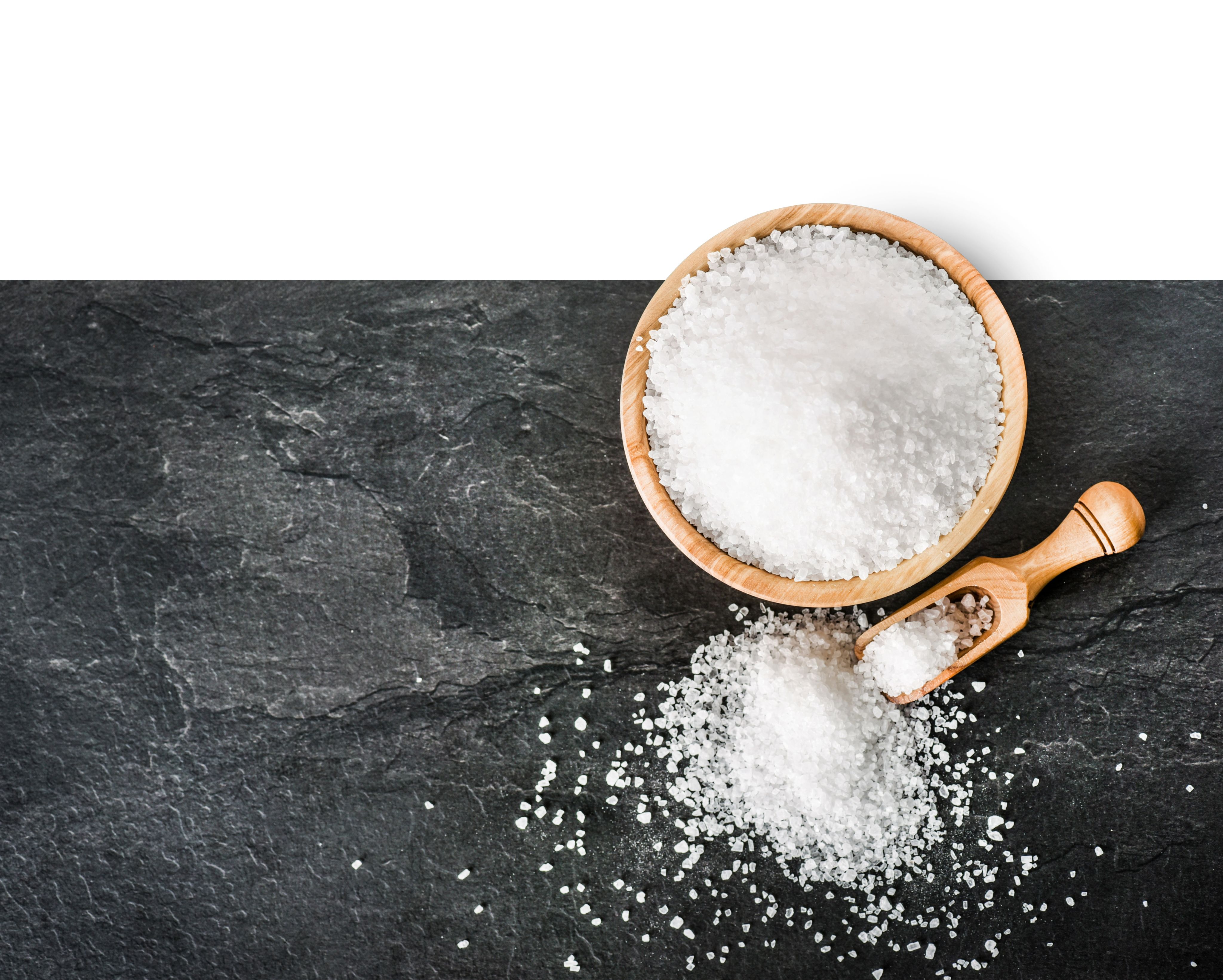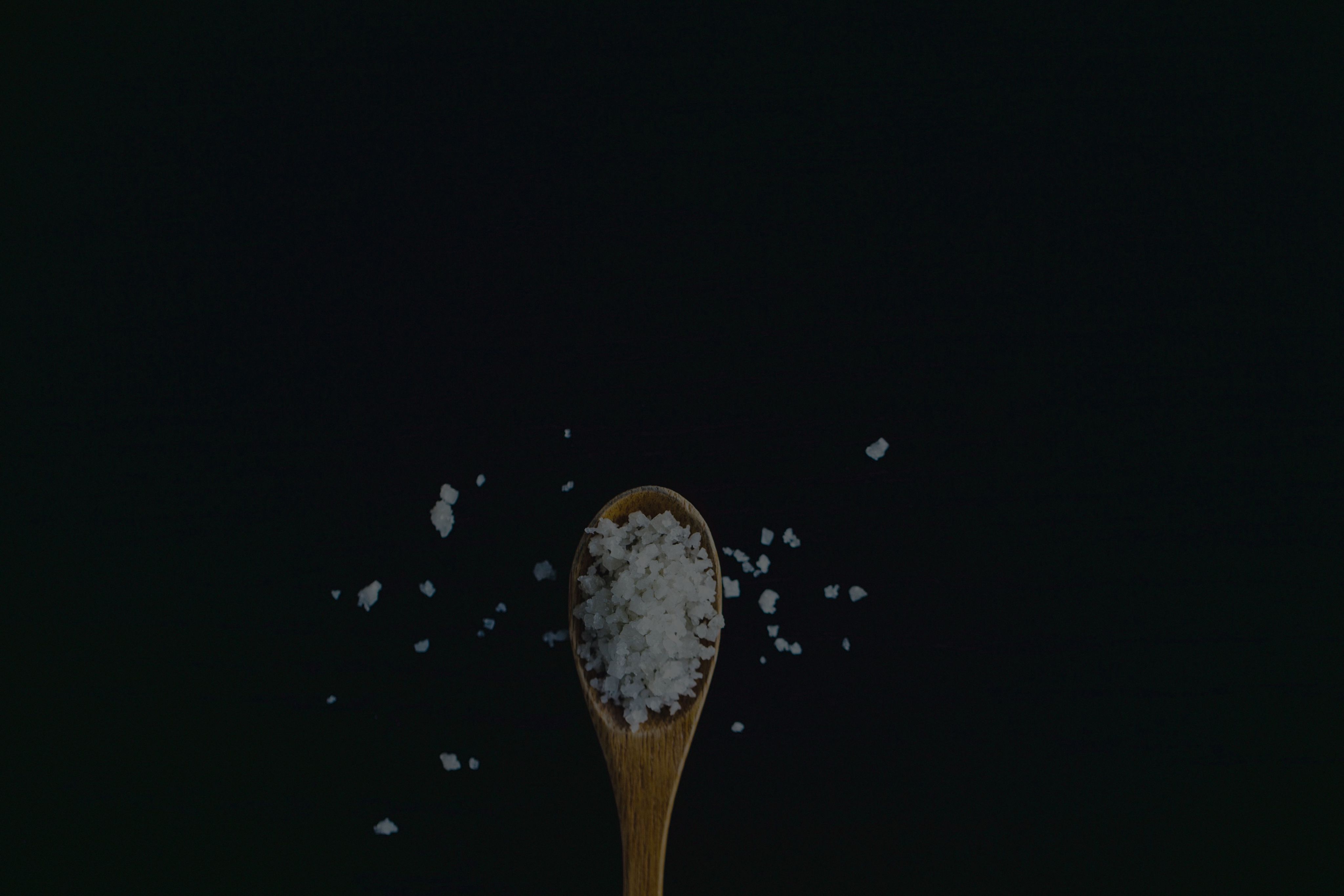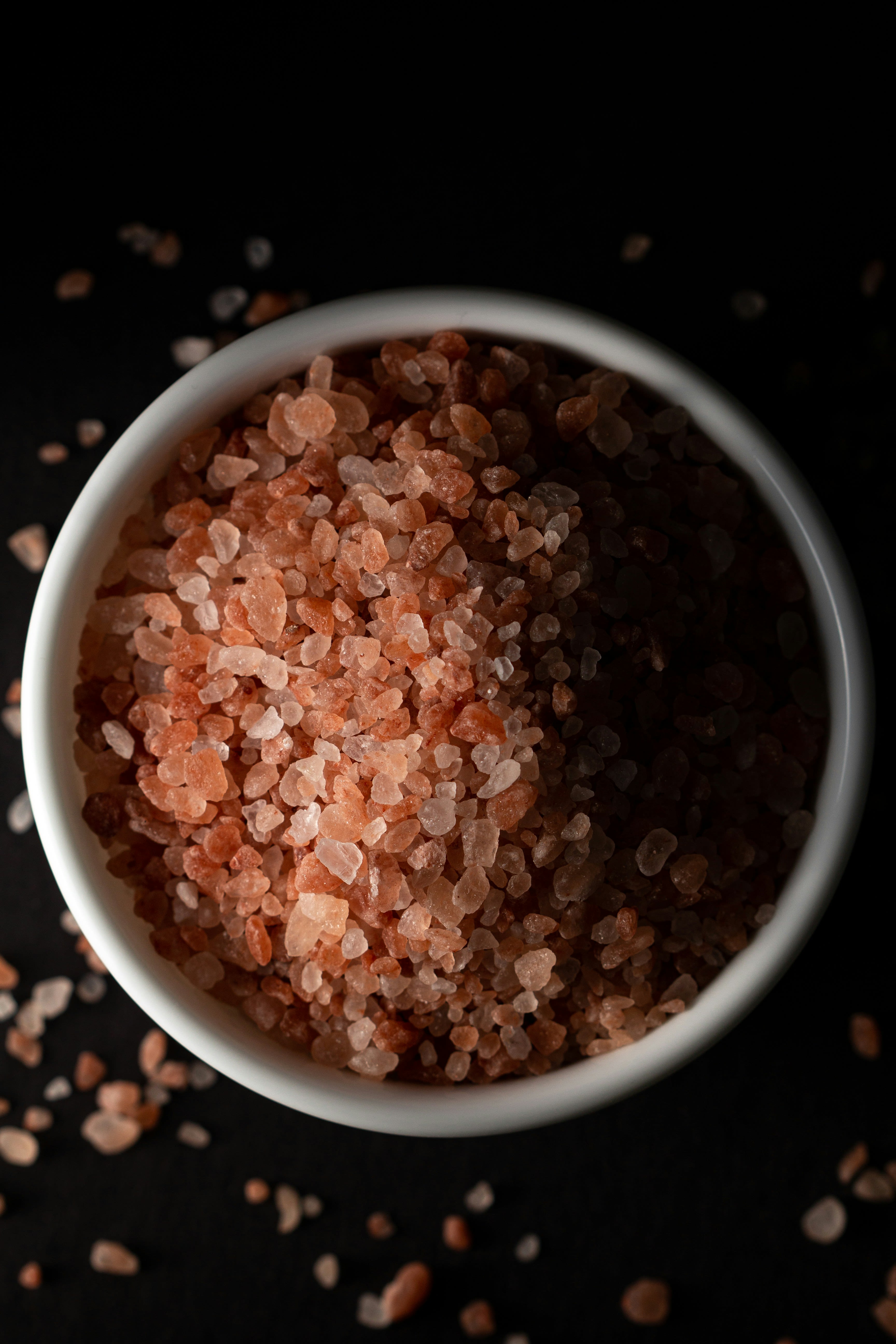
Dr Loai Albarqouni is an assistant professor at Bond's Institute for Evidence-Based Healthcare. His recent research looked at the long-term effect of salt substitution for cardiovascular outcomes.

For Dr Loai Albarqouni, success is measured by implementing small changes with big consequences. So when his recent study revealed that replacing regular salt with a salt substitute decreases the risk of death from cardiovascular disease by about 17 per cent, he was excited.
“I like the idea of it being an easy change to make. For example, you don’t have to take a pill three times a day. It’s simply a changed habit that will lead to better health.”
Dr Albarqouni - a 2021 Vice Chancellor’s Award winner – says the findings are significant because salt substitution is a low-cost and scalable solution with benefits across a range of cardiovascular conditions including stroke.

Cardiovascular disease accounts for about one-third of all deaths globally and high salt intake is responsible for 10 per cent of all cardiovascular deaths. Even though international bodies such as the World Health Organisation and the National Academies of Sciences, Engineering and Medicine advise reducing salt intake, worldwide consumption of sodium still exceeds the recommended daily limit.
Dr Albarqouni says the research – a systematic review of 16 randomised control trials around the world – shows that switching table salt with a substitute containing reduced sodium and increased potassium may offer a simple achievable strategy to reduce sodium intake.

Switching table salt with a substitute containing reduced sodium and increased potassium may offer a simple achievable strategy to reduce sodium intake.
“It’s an effective way to achieve significant health benefits for a large number of people,” he said. “We found evidence that salt substitution can reduce mortality from cardiovascular events such as stroke, myocardial infarction, and heart failure by about 17 per cent and death from any cause by about 12 per cent.”
Although proud to have led an important research project, Dr Albarqouni says any plaudits should be shared. To this end, he points to his PhD student Hannah Greenwood, who led this review as part of her PhD research.
“The team aspect of a project like this is critical. Hannah is currently completing her PhD and it’s wonderful to see her leading such an important review and to receive recognitions in these kinds of influential journals.”


“In the end, we are all human beings... we need to look after each other.”

Dr Albarqouni is a National Health and Medical Research Council (NHMRC) Emerging Leader Fellow and Assistant Professor at Bond's Institute for Evidence-Based Healthcare.
His research aimed to enhance individual and community health by generating knowledge, translating it into practical, real-life applications, and evaluating improvements for individuals, healthcare providers, and society.
He earned his PhD in evidence-based practice at Bond University in 2019. His salt substitution research was published in Annals of Internal Medicine, the official journal of the American College of Physicians, and one of the most influential medical journals in the world.
A background working in less supported medical services has inspired an interest in seeking out simple solutions that allow for significant efficiencies.
“Finding good evidence for the benefits of non-surgical or non-drug interventions frees up resources for where they are needed most.”
At the root of all he does is a desire for better patient outcomes. In this context, he mentions his sister, also a doctor. She is currently based in Gaza performing important work for the United Nations relief effort.
Salt substitution can reduce mortality from cardiovascular events by about 17 per cent.

This article was originally published in The Arch edition 34.
Original thinking direct to your inbox

Stories from Bond


